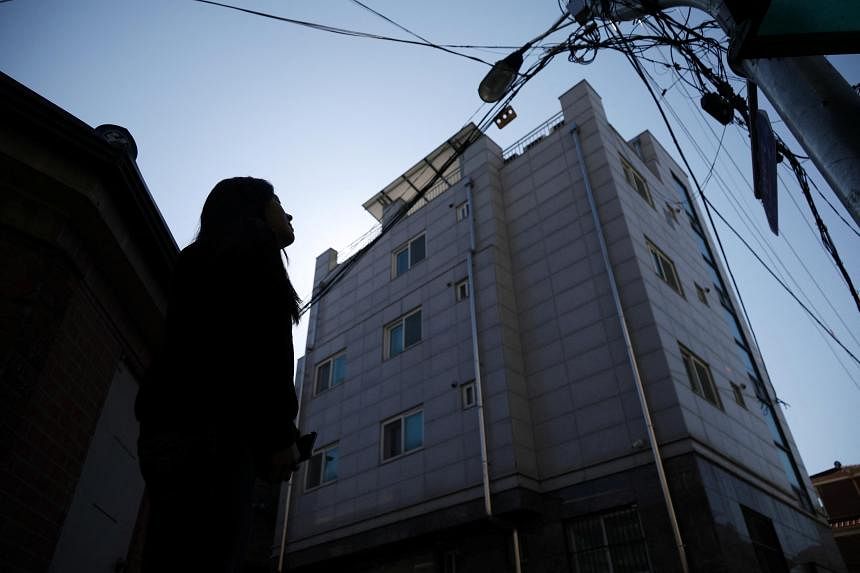
SEOUL - A downturn in South Korea’s home prices is causing pain in the country’s unusual rent-free rental system that benefited landlords and tenants alike during a long surge in residential property prices.
In the “jeonse” scheme, tenants put up a deposit typically worth as much as 70 per cent of the home’s value, then live without paying rent for two years until the landlord returns the full amount.
This was a win-win for residents and owners for years as home prices rose and interest rates were high: The loan tenants paid to raise their deposit was cheaper than rent, and landlords got an interest-free loan to deploy as they pleased.
Jeonse tenancy has been particularly popular among people in their 20s and 30s, who could not afford the full price of a home but could use the system to get a toehold into the Korean dream of home ownership.
But median house prices have fallen 12 per cent and jeonse prices 7 per cent over the two years to January after surging 37 per cent and 24 per cent, respectively, over the preceding four years, according to Korea Real Estate Board data.
Overextended landlords are failing to return deposits, hitting younger tenants especially hard and threatening to undermine trust in the system.
Ms Yoo Ha-jin, 28, regrets not getting insurance for her jeonse deposit when she signed in March 2021. Her bankrupt landlord told her in December the property would be auctioned and she could expect to get around 45 per cent of her deposit back at most.
That means she will owe at least 33 million won (S$34,000) for the loan she took out on her jeonse contract expiring next month.
“I thought I would be just fine as long as I could get a jeonse deposit loan from the bank,” Ms Yoo told Reuters.
Insurance claims for failed jeonse repayments more than doubled last year to a record 1.17 trillion won, according to Korea Housing and Urban Guarantee Corp, one of the country’s three major guarantors.
Tenants in their 20s and 30s accounted for 70 per cent of the total.
Financial authorities are working closely with other agencies to support jeonse tenants and landlords having difficulty with refunds, said an official at the Financial Services Commission.
Police are cracking down on jeonse-related crimes, saying organised fraud cases more than tripled last year to 622.
Jeonse deposit loans more than quadrupled in less than six years through October to 172 trillion won, according to the central bank. That equals 17 per cent of South Korea’s outstanding mortgages and 10 per cent of household debt.
Bagikan Berita Ini














0 Response to "South Korea's 'jeonse' rent-free renters hit by property downturn - The Straits Times"
Post a Comment